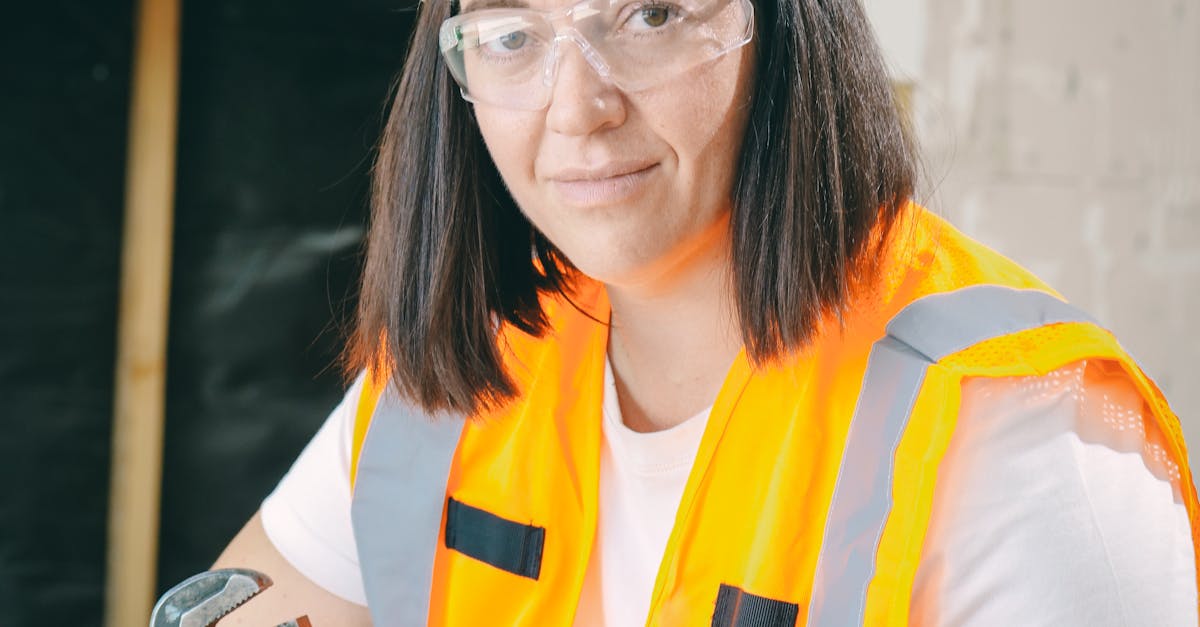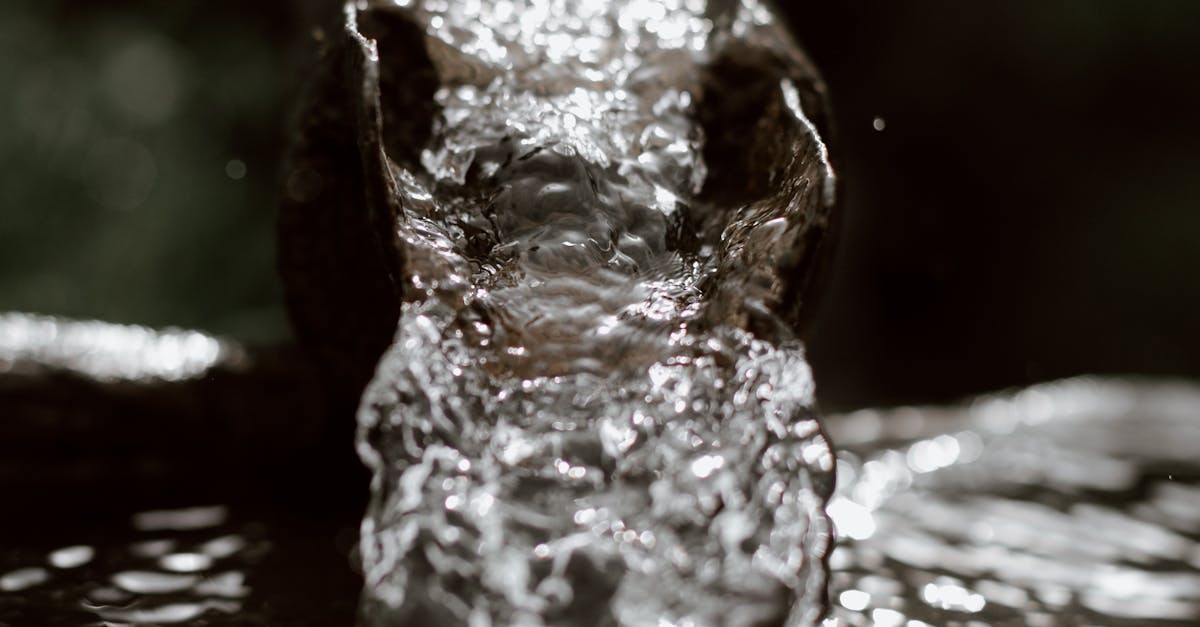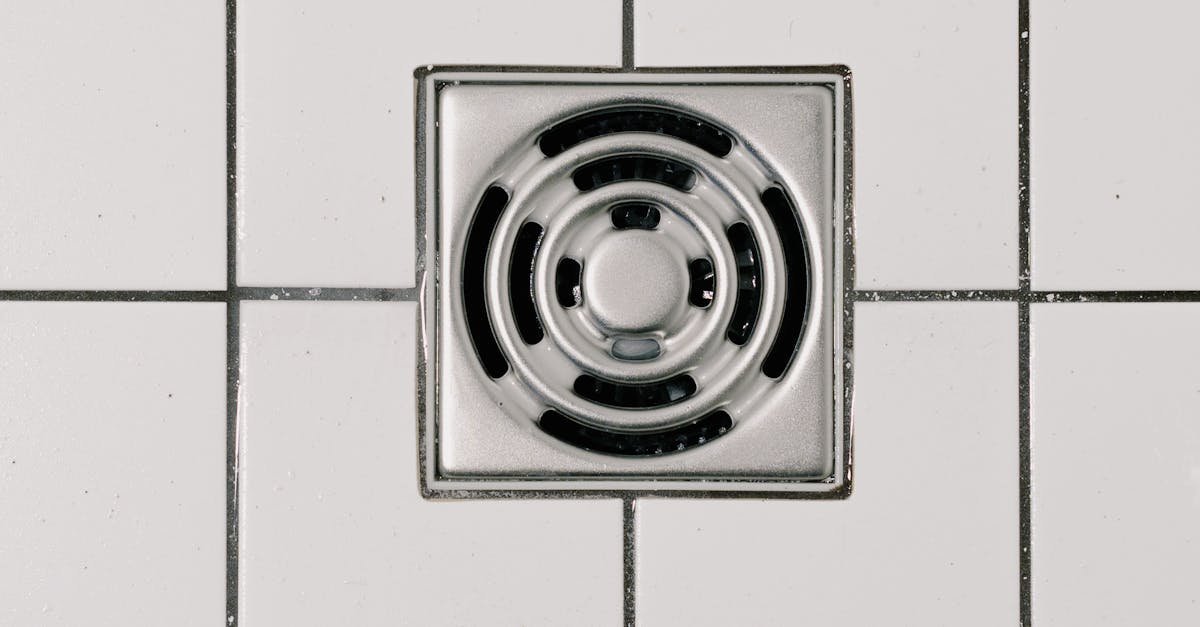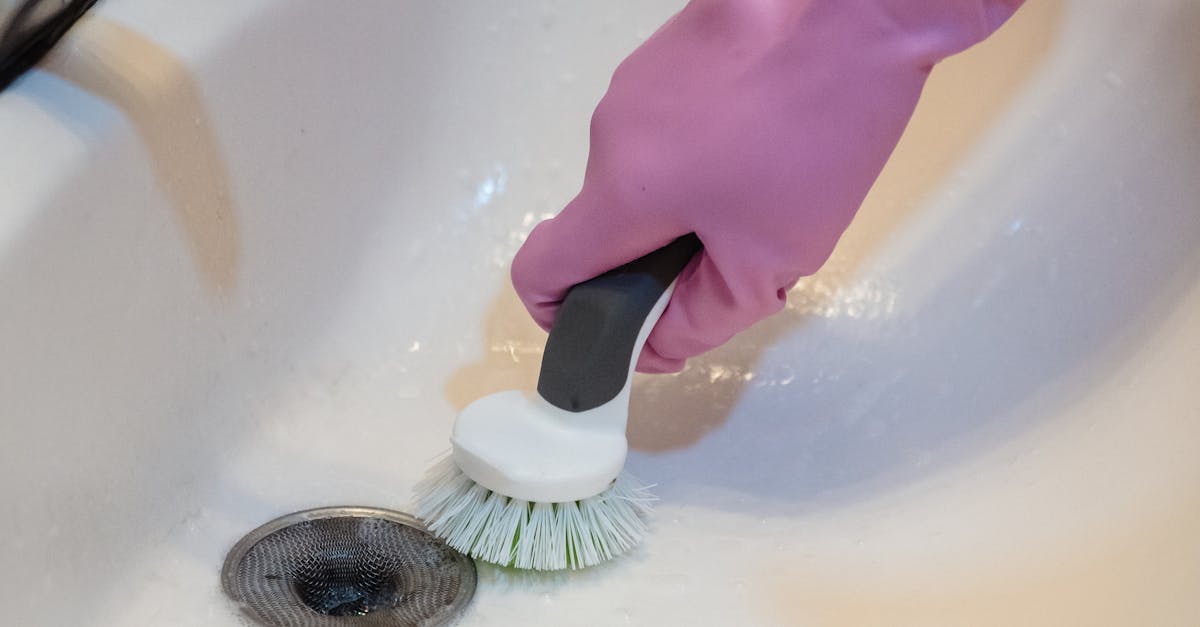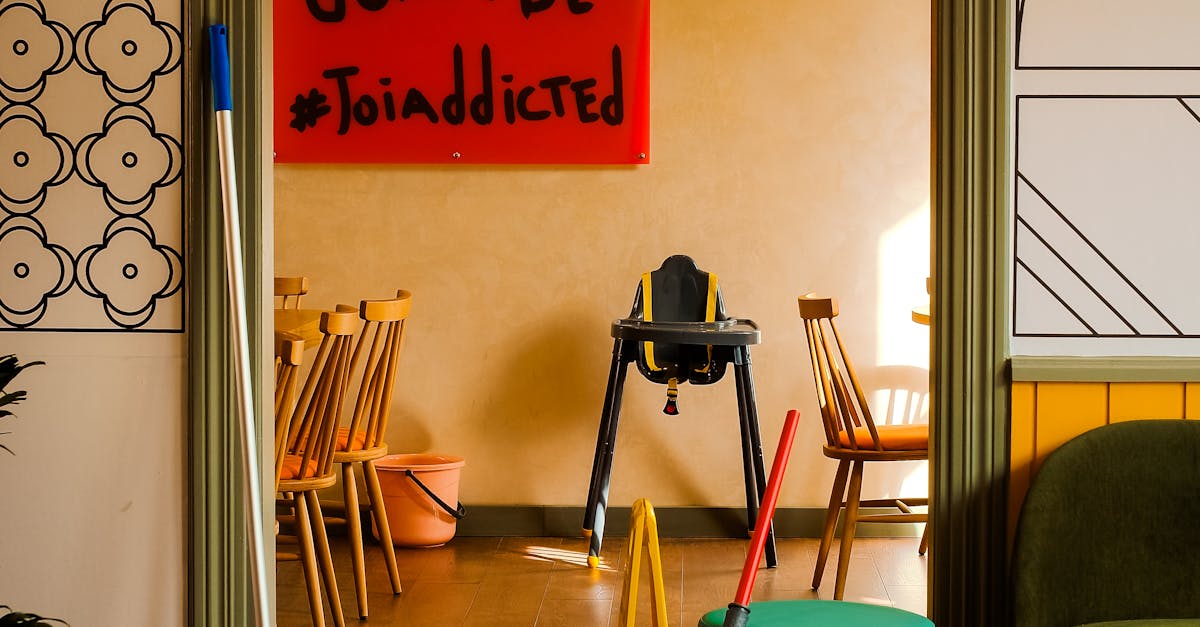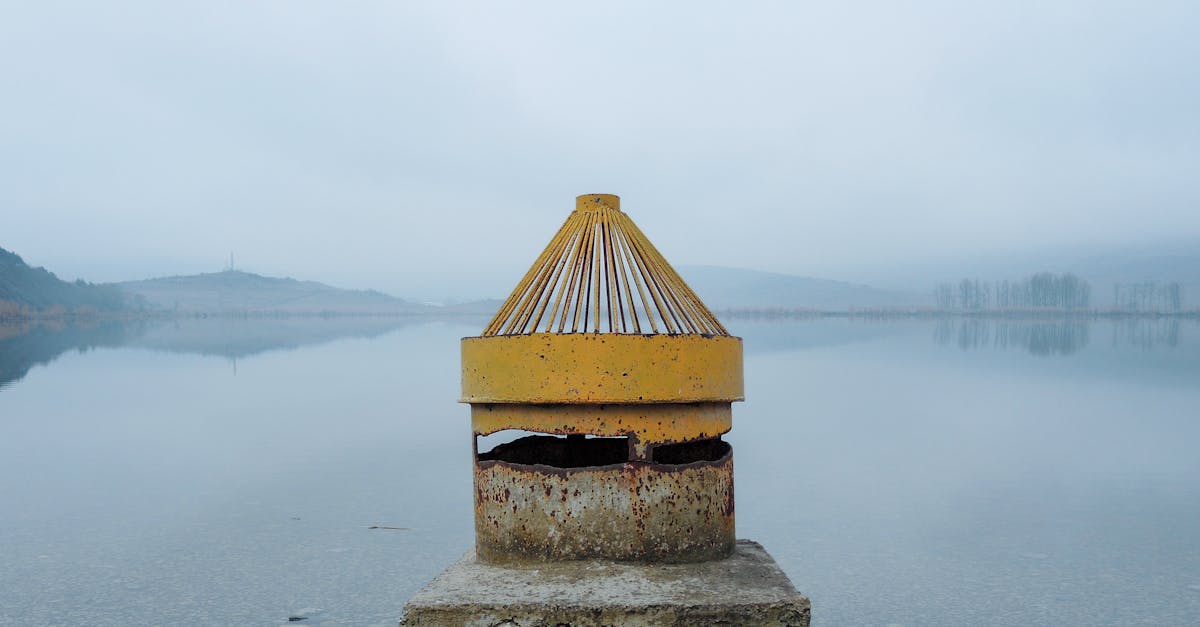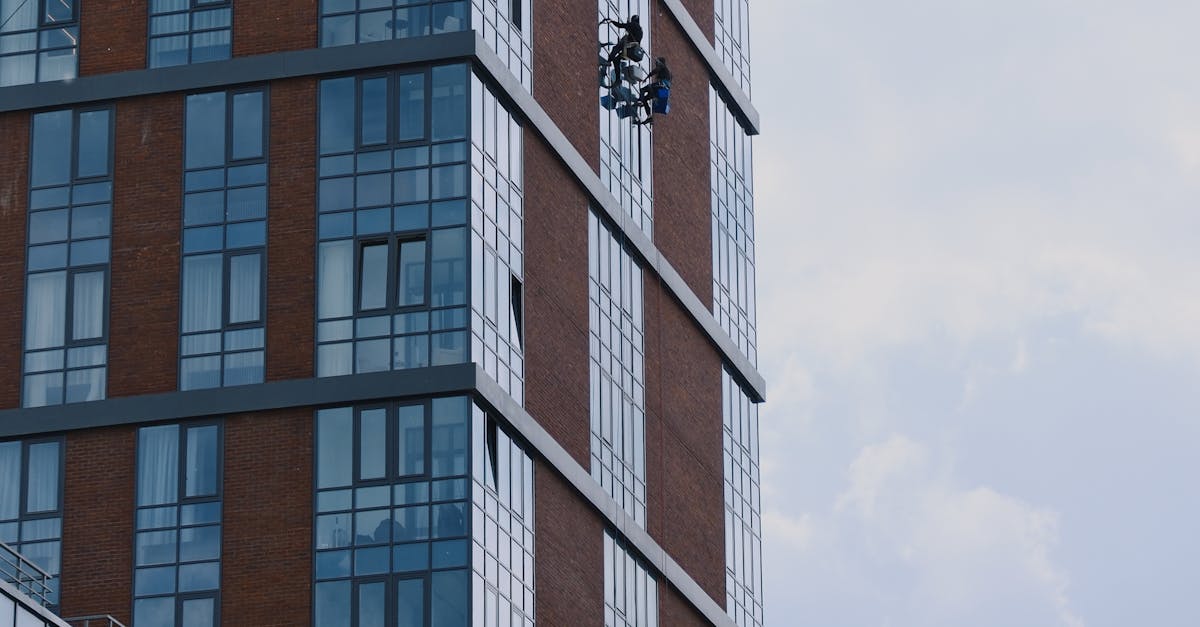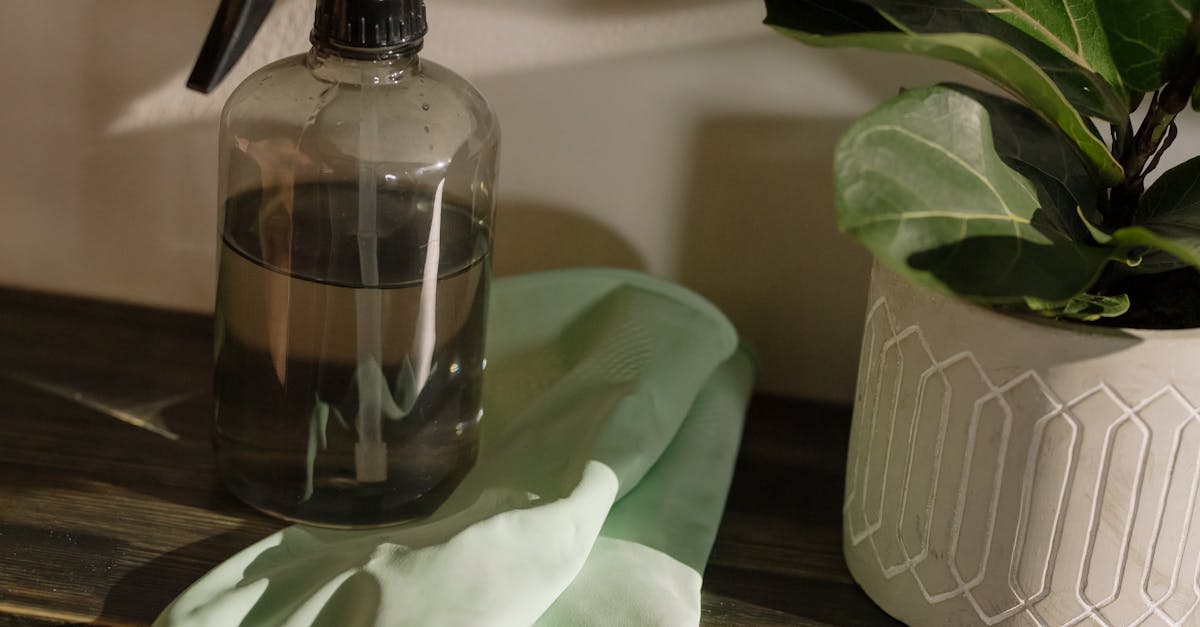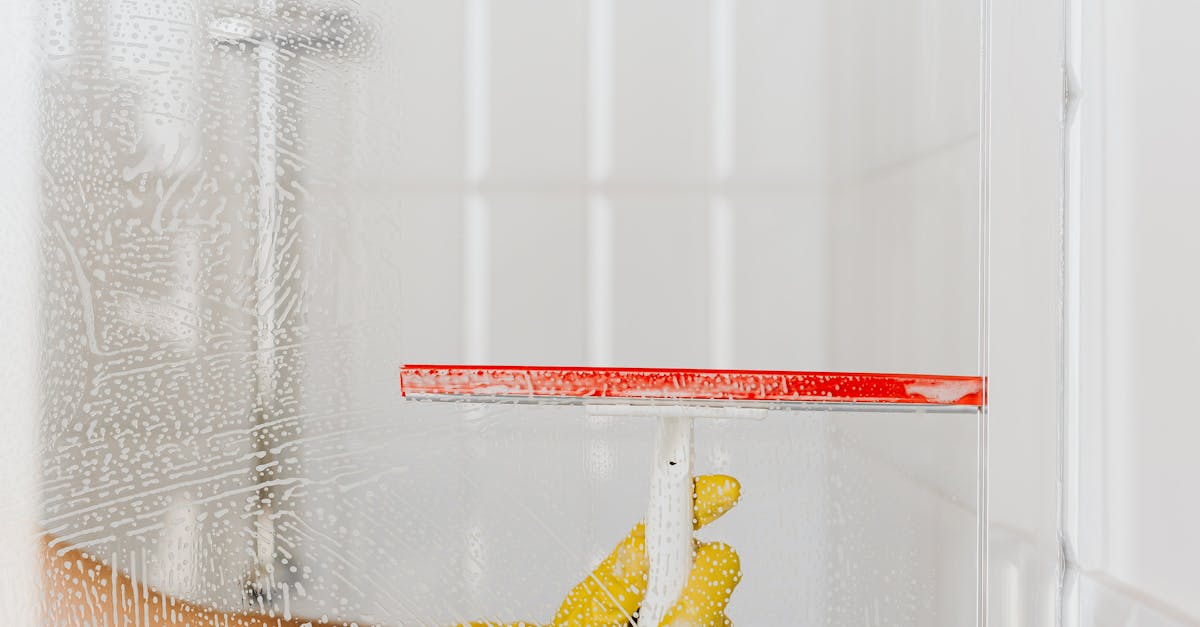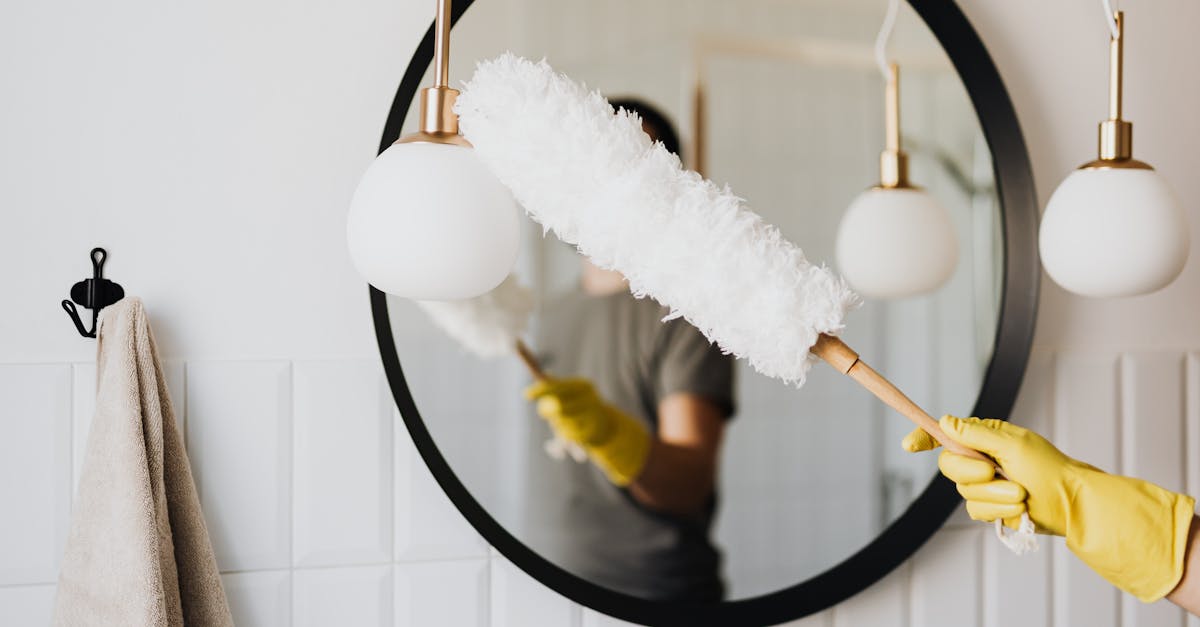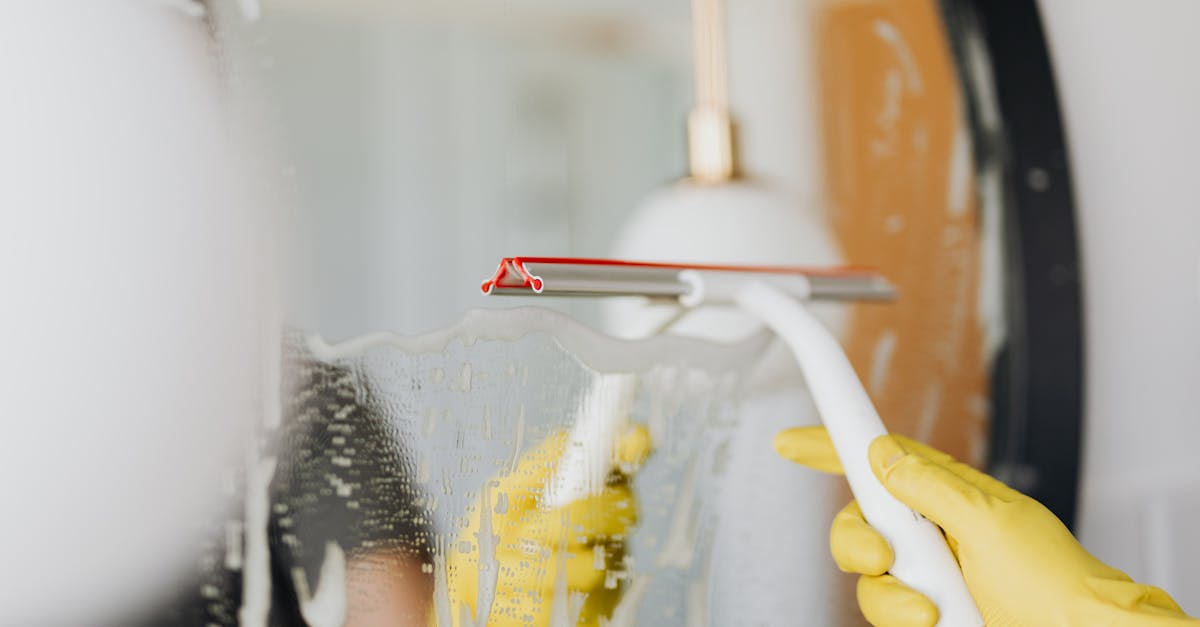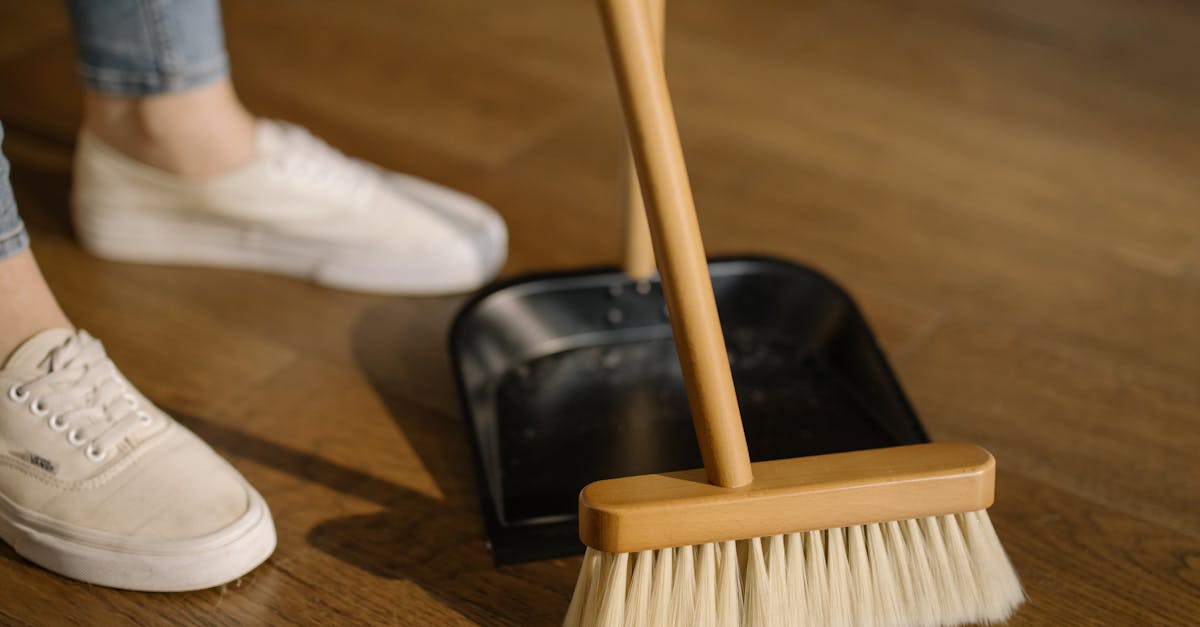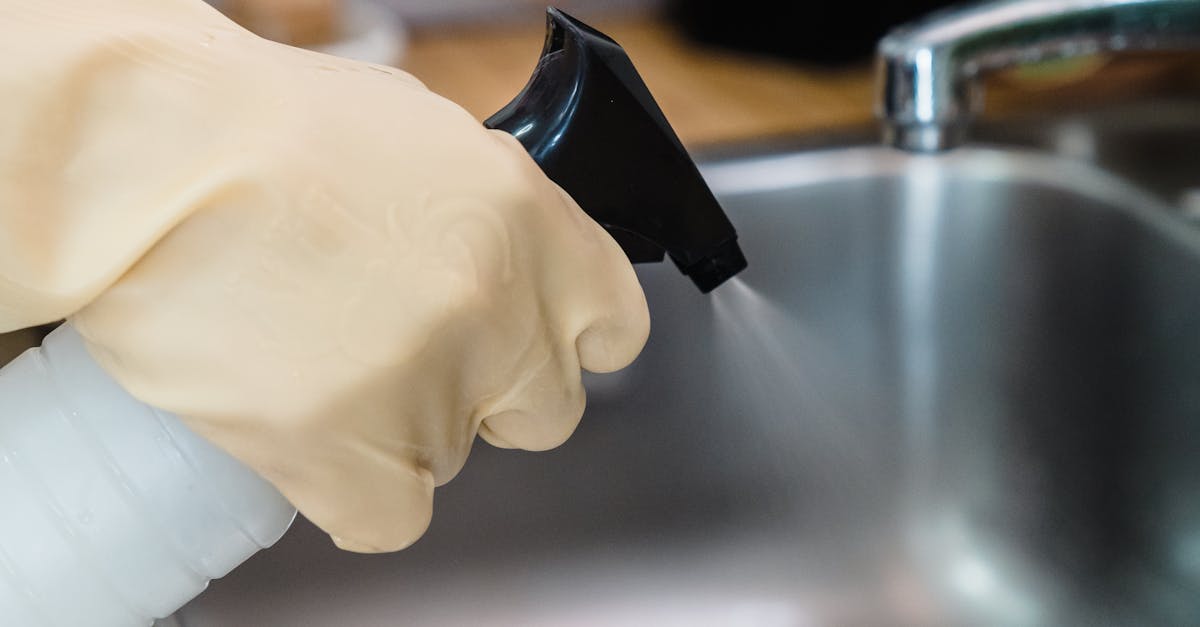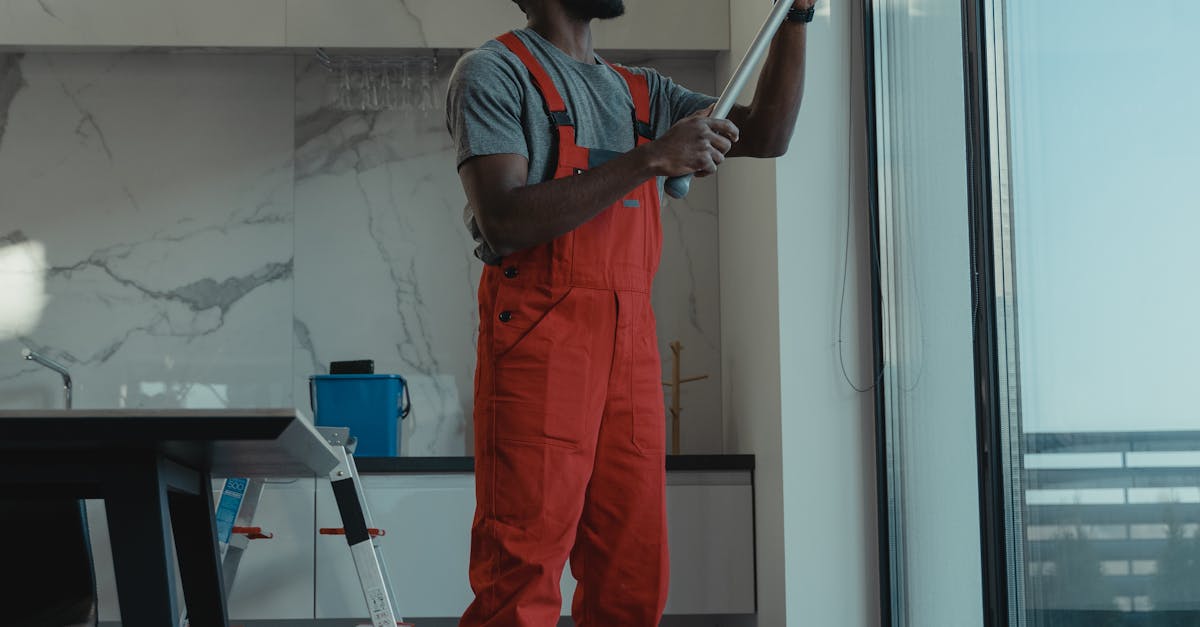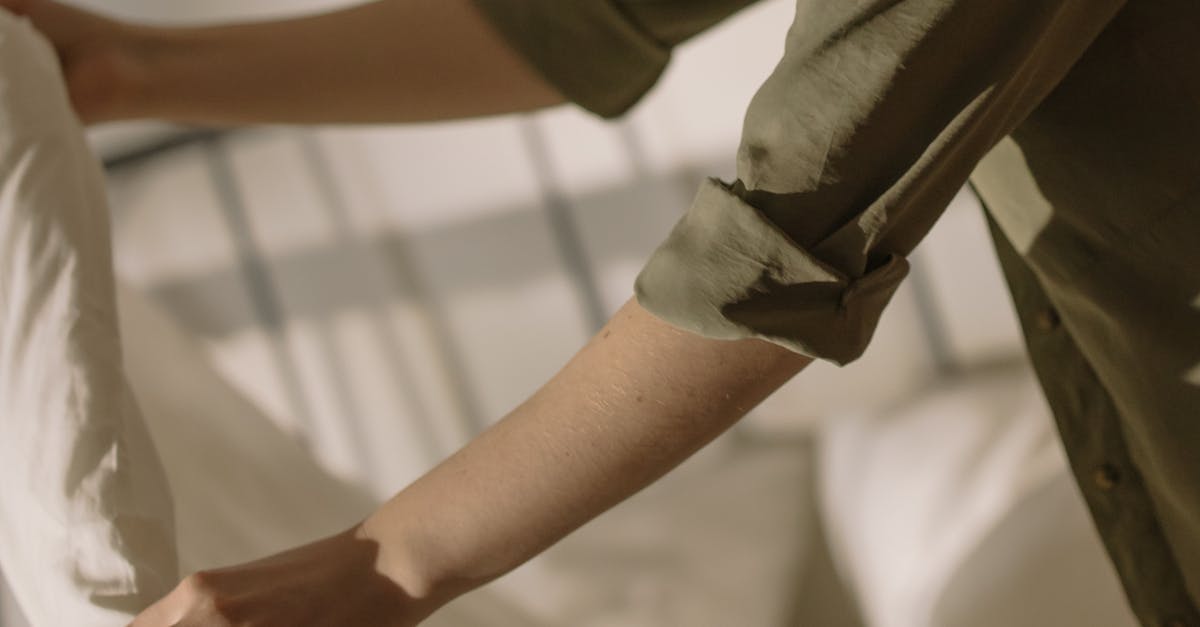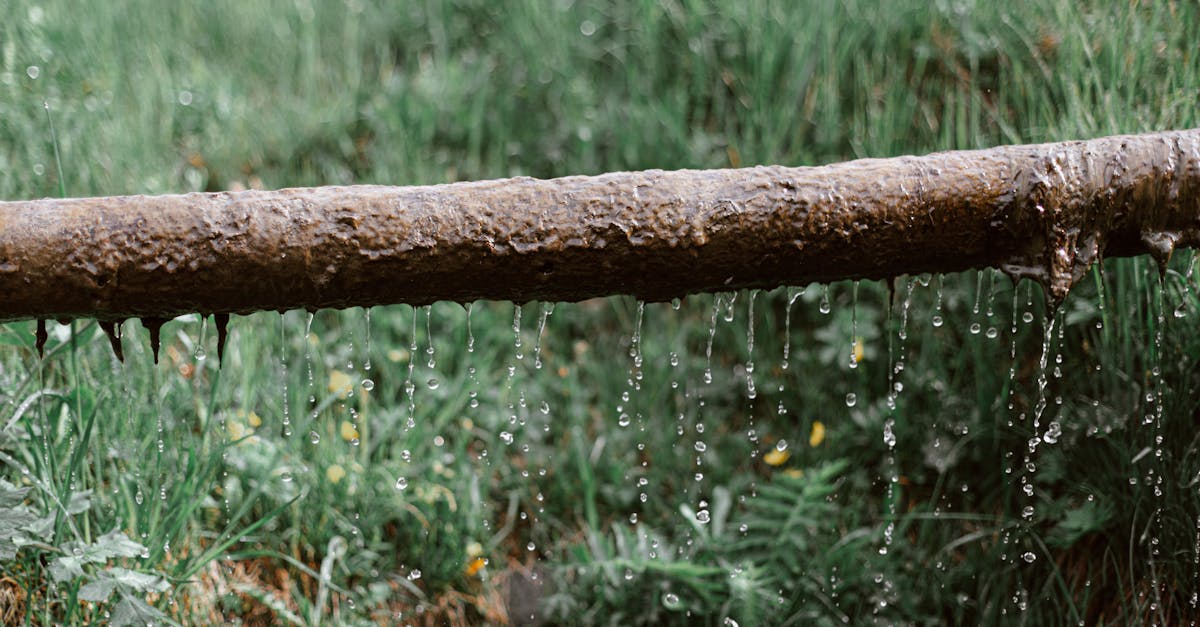
Table Of Contents
Cost Considerations for Sink Installation
When considering the costs associated with sink installation and repair, it's essential to evaluate not just the price of the sink itself, but also the additional materials and tools required for the job. If you decide to undertake the installation yourself, you might save on labour costs, but this often comes with expenses for plumbing supplies, fittings, and tools that may be necessary. Even minor issues can escalate, resulting in unexpected costs if further repairs are needed after incorrect installation.
Engaging a professional plumber brings its own set of financial considerations. While their hourly rates may seem high, the expertise they offer ensures that the sink installation and repair are performed correctly and efficiently, reducing the likelihood of costly mistakes down the line. Additionally, many plumbers offer warranty periods on their work, providing reassurance that your investment is protected. Analysing the long-term cost implications of choosing DIY versus professional help can guide homeowners in making the right decision for their sink installation needs.
Comparing DIY Expenses vs. Professional Fees
As homeowners weigh the decision between tackling sink installation and repair themselves or hiring a professional plumber, the costs can vary significantly. DIY expenses typically consist of purchasing the necessary tools, materials, and potentially materials that might be wasted due to errors. While this can seem like a more affordable approach at first glance, unexpected complications can inflate these costs. Purchasing a sink and plumbing fixtures may seem straightforward, but without proper knowledge, it’s easy to underestimate the additional fittings or tools you might need.
In contrast, professional fees often provide peace of mind alongside a clearer financial outlook. Hiring a plumber ensures that sink installation and repair is completed to a high standard, reducing the risk of future issues. While the upfront cost might be more, professionals often bring experience that can prevent costly mistakes. Furthermore, warranties or guarantees on their work can add value, making the initial investment worthwhile in the long run. Evaluating the total cost of both options is essential for homeowners aiming to make informed decisions about their plumbing needs.
Types of Sinks and Their Requirements
Choosing the right sink involves understanding its type and installation requirements. Traditional drop-in sinks are easier to fit since they rest directly on the countertop. Undermount sinks, on the other hand, require precise measurements and may necessitate additional support underneath. Vessel sinks offer a stylish look but come with unique plumbing demands, often needing extended pipes and careful attention to height placement.
Different materials also influence installation complexities. Stainless steel sinks are lightweight and typically simpler to install than heavier stone or ceramic counterparts. Each sink type presents its own challenges, and if you encounter issues, professional intervention may be required. Sink installation and repair can turn straightforward tasks into complicated projects without the proper skills and tools, making it essential to weigh your options carefully.
Different Styles and Installation Needs
Choosing the right style of sink can significantly influence the installation requirements. Each type, whether it’s a pedestal, undermount, or drop-in sink, has specific fitting needs that may require different tools and techniques. For example, undermount sinks often necessitate careful sealing to prevent water damage, while pedestal sinks may require additional support during installation. Understanding these nuances is essential to ensure a secure and functional fit in your space.
In many cases, sink installation and repair can be completed by a skilled DIY enthusiast. However, the complexities of certain designs, such as farmhouse sinks or those with integrated countertops, may pose challenges that are best handled by a professional. Knowing your own capabilities and the specific demands of the sink style can help you make an informed decision about whether to undertake the installation yourself or engage a plumber for assistance.
When to Call a Plumber
Sometimes, even skilled DIY enthusiasts may find themselves in over their heads during sink installation and repair. Encountering issues like leaks, inconsistent water flow, or improperly fitted drainage systems can complicate a seemingly straightforward task. Understanding when to seek professional help is crucial, particularly when the risks of damaging plumbing increase.
Additionally, specific situations warrant the involvement of a qualified plumber. If the sink installation requires modifications to existing plumbing, or if there are signs of old pipe deterioration, professional expertise becomes essential. Addressing these problems promptly can help avoid costly water damage and ensure a functional and reliable sink setup.
Signs That Indicate Professional Help is Needed
Certain situations highlight the necessity of engaging a professional plumber for sink installation and repair. If you encounter persistent leaks, water pooling beneath the sink, or inadequate drainage, these signs can indicate underlying issues that might be challenging to resolve without expertise. Additionally, if you’re unsure about local plumbing codes or regulations, consulting a professional ensures compliance and safety during installation.
Complex sink designs such as farmhouse or vessel sinks can demand specific fittings and installation methods that may exceed the average DIY enthusiast’s skills. If complications arise during your project, such as unexpected plumbing adjustments or issues with existing fixtures, it may be wise to enlist the help of a plumber. Professional assistance not only provides peace of mind but also can save time and potential costs associated with DIY errors.
FAQS
Can I install a sink myself?
Yes, you can install a sink yourself if you have the necessary skills and tools. However, it's important to consider the complexity of the installation and your level of experience.
What are the costs associated with hiring a plumber for sink installation?
The costs for hiring a plumber can vary widely depending on the plumber's rates, the type of sink being installed, and the complexity of the installation. Generally, you can expect to pay anywhere from $100 to $300 for professional installation.
What types of sinks require professional installation?
Complex sink installations, such as those involving multiple plumbing connections, integrated garbage disposals, or unique styles like farmhouse sinks, often require professional help to ensure proper fitting and functionality.
How do I know if I need to call a plumber for my sink installation?
You should consider calling a plumber if you encounter issues such as leaking pipes, inadequate water pressure, or if you feel unsure about the installation process. Signs like backflow or plumbing fittings that don't seem to fit properly also indicate the need for professional assistance.
Are there any specific tools I need for DIY sink installation?
Yes, for a DIY sink installation, you'll typically need tools such as a wrench, screwdriver, pliers, a level, and possibly a drill. Additionally, having plumber's tape and sealant handy can help ensure a watertight installation.
